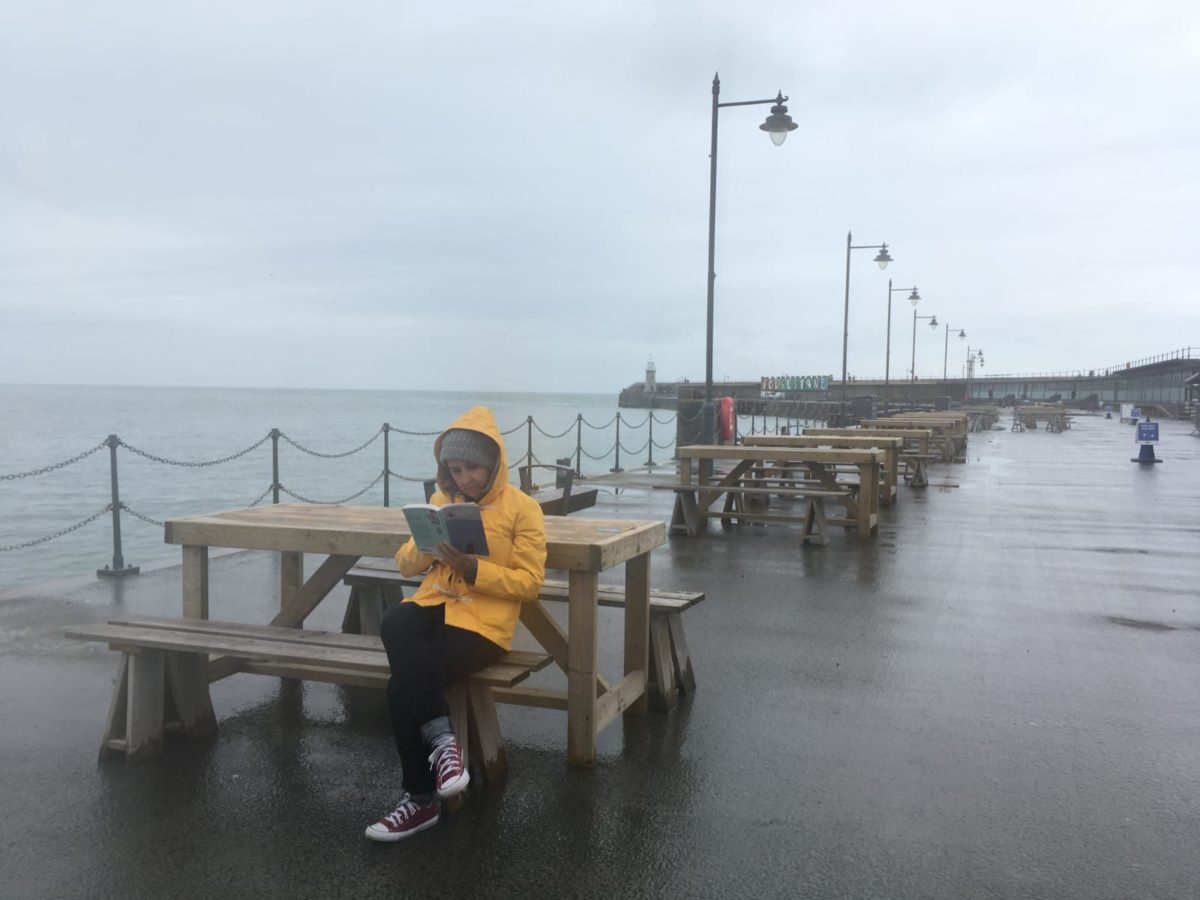This is a book about a man who does not succeed in blowing up his life. He is an insurance salesman, married with two children, and labouring under a mortgage. (In a sign that things were better back then, the mortgage is only for sixteen years. WTF is up with London housing)
One day he conceives a desire to go fishing, as he was an avid fisherman as a boy. He has not however fished since he was sixteen. Here’s why:
In this life we lead – I don’t mean human life in general, I mean life in this particular age and this particular country – we don’t do the things we want to do. It isn’t because we’re always working. . . . It’s because there’s some devil in us that drives us to and fro on everlasting idiocies. There’s time for everything except the things worth doing. Think of something you really care about. Then add hour to hour and calculate the fraction of your life that you’ve actually spent doing it. And then calculate the time you’ve spent on things like shaving, riding to and fro on buses, waiting in railways junctions, swapping dirty stories and reading the newspapers.
He bunks off from his family to go and spend a week in the village in which he grew up, which he has not seen in twenty years. In his mind ‘as permanent as they pyramids,’ he arrives to find it now just an outer suburb of London, and not an especially nice one at that. He buys a fishing rod and does not use it. He sees an old girlfriend, and is horrified and how old she looks. Fat and with false teeth himself, he assures us that men never go so far downhill as women do. Sometimes the patriarchy is really adorably deluded.
He ends up going home, concluding there is no escape from his life. The year however is 1938, and the book has hanging over it very explicitly the coming war. You feel he will almost welcome it.
Side point. Orwell published a bunch of books you’ve never heard of, including this, and then in 1945, Animal Farm; and in 1949, the novel 1984. Then in 1950 he was dead, at 47. Imagine: he managed to squeeze in two seminal classics just before the end. Imagine what would have come next. Imagine how close to the wire he cut it.

